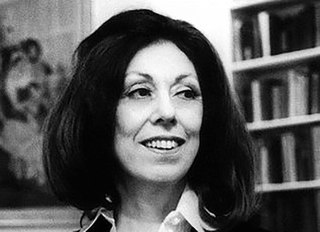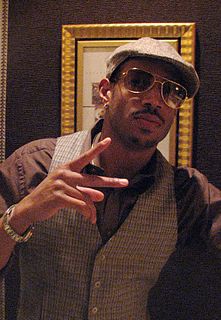A Quote by Michael Connelly
How I work is that I write a story I'd like to read. Then you fly to Paris or Sydney and the interviewers talk about the greater significance of your work.
Related Quotes
This fear is one of the horrors of an author's life. Where does work come from? What chance, what small episode will start the chain of creation? I once wrote a story about a writer who could not write anymore, and my friend Tennessee Williams said, 'How could you dare write that story, it's the most frightening work I have ever read.' I was pretty well sunk while I was writing it.
When you spend time with your friends, what do you talk about? Those things which made an impression on you that day, that week ... I write stories the same way. Events at home, in school, at work, in the street, these are the bases for a story. Some experiences leave such a deep impression that instead of talking about them at the club I work them into a novel.
I was interested in the ways we can write biography. When you're first starting to write about your own life it feels so shapeless because you don't know how to make your own story cohesive. How do I pluck a story out of the entirety of what it means to be alive. It occurred to me recently that when you're telling a story about your own life, rather than taking a chunk, you're kinda like lifting a thread from a loom.


































